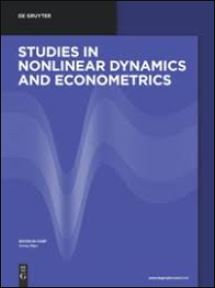Non-linear impact of income inequality on mental health: evidence from low and middle-income countries
In this study, we examine the relationship between income inequality and mental health using a sample of low and middle-income countries over the period 1990–2019.
Using a dynamic panel threshold model that allows for endogeneity in both the regressors and threshold variable, we find a non-linear relationship between income inequality and the prevalence of mental health disorders.
Specifically, income inequality is associated with reduced prevalence of mental health disorders at low levels of income inequality but after it surpasses a threshold Gini coefficient (estimated between 39 and 49), it has an adverse effect on mental health.
The impact is more pronounced in low income and lower middle-income countries.
We also find evidence of heterogenous effects by age and gender.
Our findings indicate the importance of modelling non-linearity in the income inequality-health relationship and highlight the importance of keeping income inequality within reasonable bounds.




